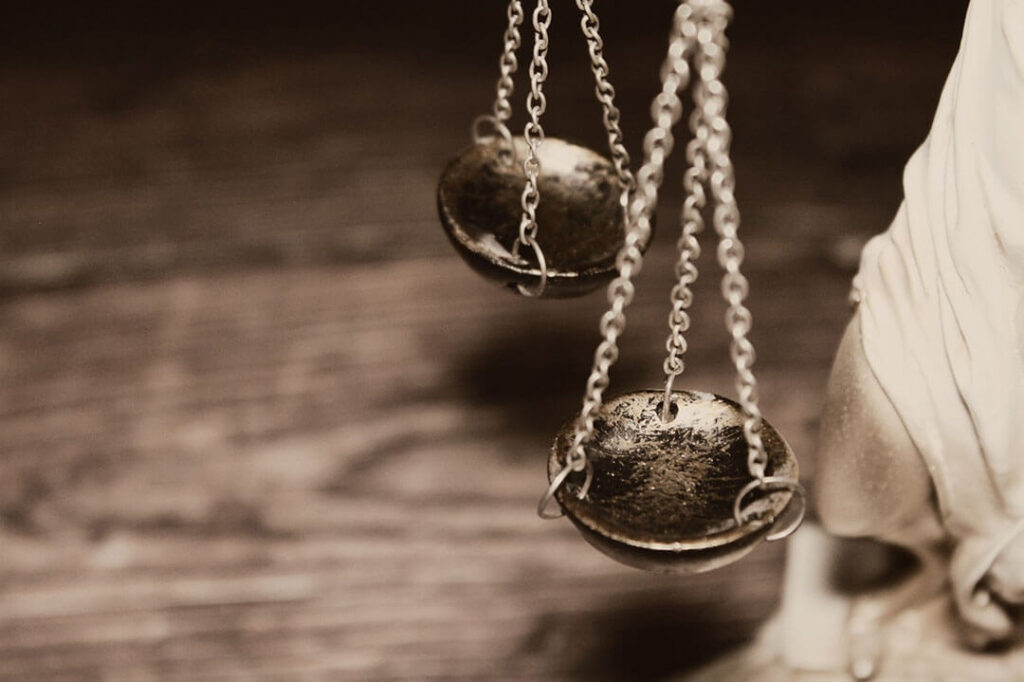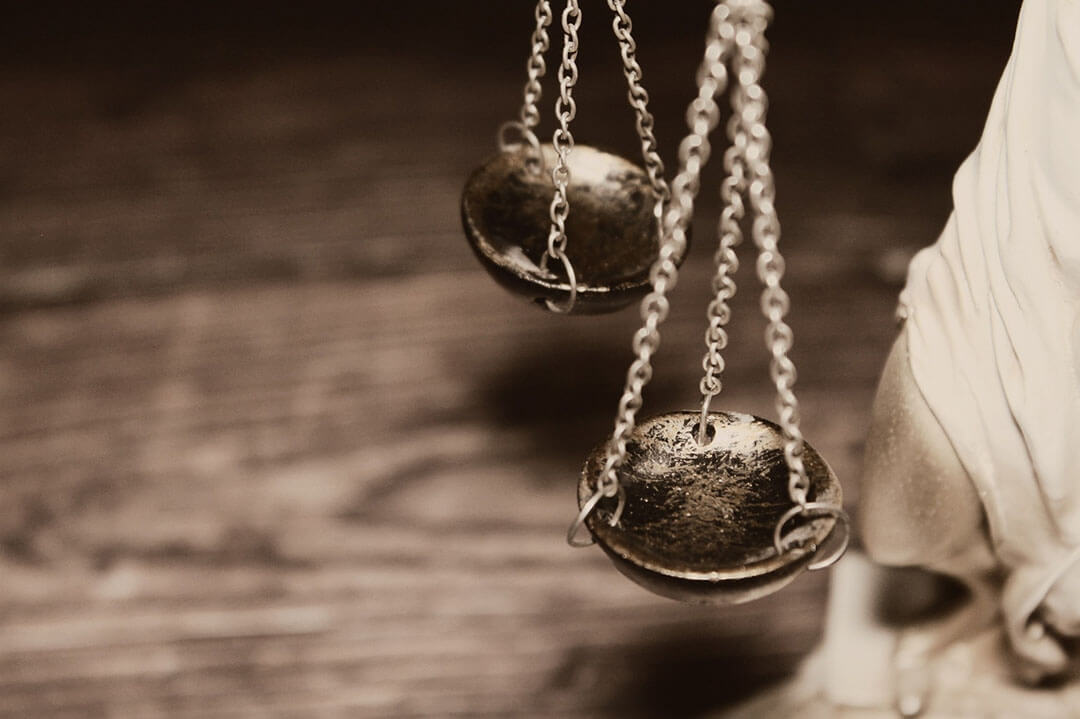3 Reasons to Avoid Probate
John Rei Bernardo
on
June 12, 2023

In order to receive their inheritance after your passing, your relatives may need to sign specific paperwork as part of the probate process. This is possible if you possess property (such as a house, car, bank account, investment account, or other asset) in your name alone and have not designated a beneficiary, pay-on-death, or transfer-on-death. Although a will is a fundamental form of planning, it does not prevent probate. In contrast, a will merely informs the probate court of your preferences; your loved ones must still go through the probate process to make those wishes legal.
Now that you understand why probate may be essential, consider the following three reasons for avoiding probate whenever possible:
1. Everything is public record.
Almost every court proceeding, including probate, becomes a matter of public record. This implies that in order to properly wind up your affairs (i.e., pay your bills, submit any remaining tax returns, and distribute your money and property to your selected beneficiaries), your paperwork, including family and financial information, may become available to anybody through the probate court.
The courts have at least taken efforts to lessen the risk of identity theft, so this does not necessarily imply that account numbers and Social Security numbers will be made public. The amount of your accounts and property, creditor claims, the identity of your beneficiaries, contact information for your loved ones, and even family disputes that affect the distribution of your money and property may be made public.
The easiest method to ensure secrecy is to keep your affairs out of probate, as most individuals want to keep this type of information private.
2. It can be costly.
Due to court charges, attorney’s fees, executor fees, and other expenses, the cost of probate can rapidly approach thousands of dollars, even for small or straightforward cases. If family conflicts or creditor claims occur throughout the procedure, these costs can quickly escalate into the tens of thousands or more. Your money and property should go to your loved ones, but if your estate goes through probate, a considerable percentage may be allocated to the courts and legal fees.
Creating a will or estate plan that avoids probate does incur expenses. Benjamin Franklin once stated, “Prevention is better than cure.” As with the adage, “an ounce of prevention is worth a pound of cure,” costs incurred now to implement a plan are more easily controlled than uncertain costs in the future, especially when you consider that your loved ones may be grieving while making decisions. You can decrease the possibility of costly disagreement and reduce or eliminate some costs via careful planning; if there is no probate case, there will be no probate filing fees or court costs.
3. It may take some time.
Although the length of time required to probate an estate can vary significantly by state and based on the value, quantity, and complexity of the deceased person’s accounts and property, probate is typically a lengthy procedure. Even probates that seem simple can take six months to a year or longer. During this time, your beneficiaries may not have easy access to the money and property you left them. This delay can be especially challenging for loved ones enduring difficulty, who could benefit from a quicker, more straightforward process, such as the administration of a living trust. Bypassing probate can expedite the distribution of money and property, allowing the beneficiaries to receive their inheritance sooner.
If you own property in many states, you must repeat a version of the probate process in each state. This repetition may cost your family members more time and money. The good news is that with effective trust-centered estate planning, you can avoid probate in every state, streamline the transfer of your financial legacy, and provide your family with lifetime tax savings and asset protection.
Take a Probate Case Evaluation
To learn more, please contact us to schedule a consultation. One of our seasoned attorneys would gladly assist you in formulating a strategy.



